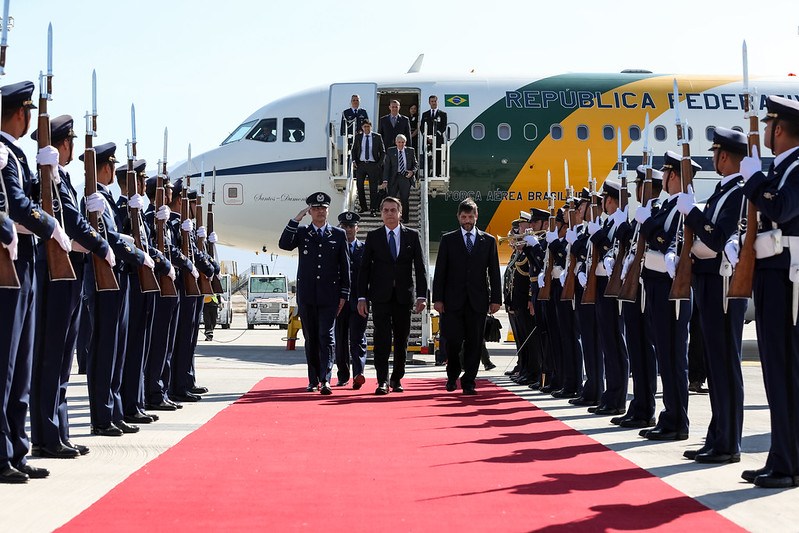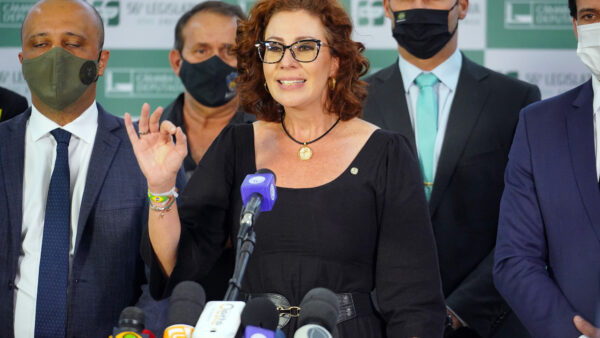Late in September, Chilean diplomats sought support for issuing a declaration condemning Nicaraguan President Daniel Ortega and questioning the legitimacy of the upcoming presidential election in the country. Mr. Ortega has done everything in his power to prevent the November race from being a fair contest, jailing several of his presumed adversaries. The document won the endorsement of six other countries — including the U.S. and Canada, two countries considered partners in the Jair Bolsonaro administration’s “pro-democracy” foreign policy agenda.
So it was to their surprise that Brazilian officials said they would not sign the joint statement.
Officially, Brazil said it did not want to “overlap efforts” already undertaken by the Organization of American States. But in fact, the move indicates a significant shift in how Brazil now deals with undemocratic regimes, since the nomination of Carlos França as Foreign Minister in April.
When the pro-Trump Ernesto Araújo held the job, one of the top priorities of Brazilian foreign policy was the fight against left-wing authoritarian regimes in Latin America — mainly Cuba and Venezuela.
In Congress, Mr. Araújo’s approach to dictatorships frequently ruffled feathers.
Lawmakers from Roraima, for instance — Brazil’s northernmost...


 Search
Search






































